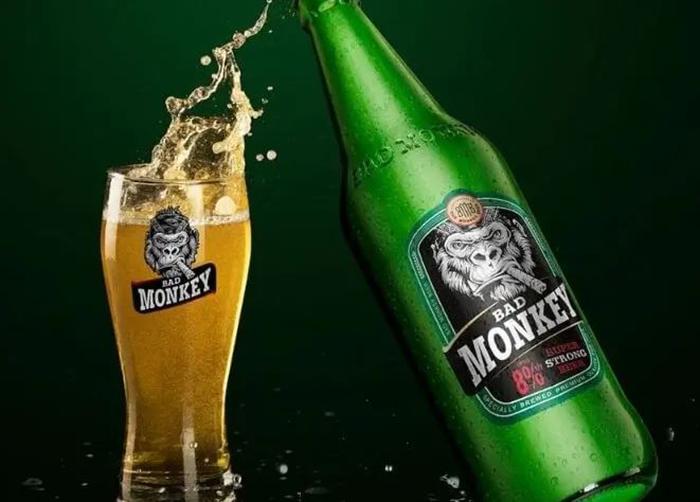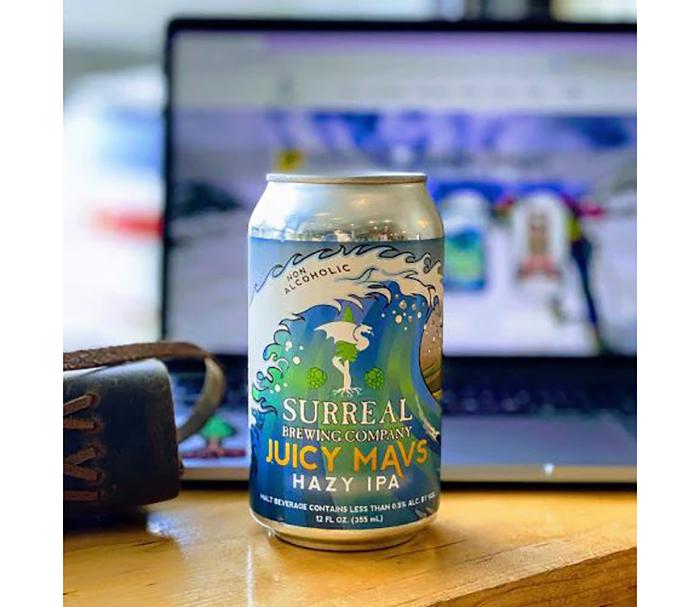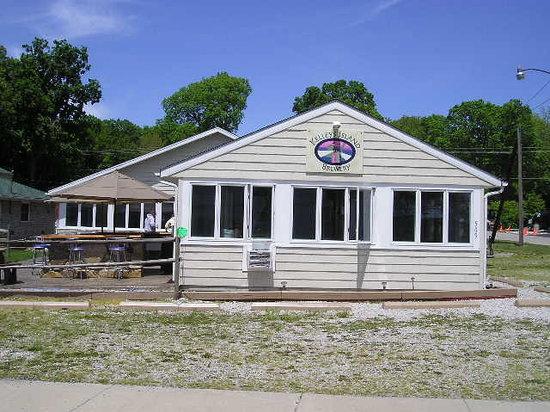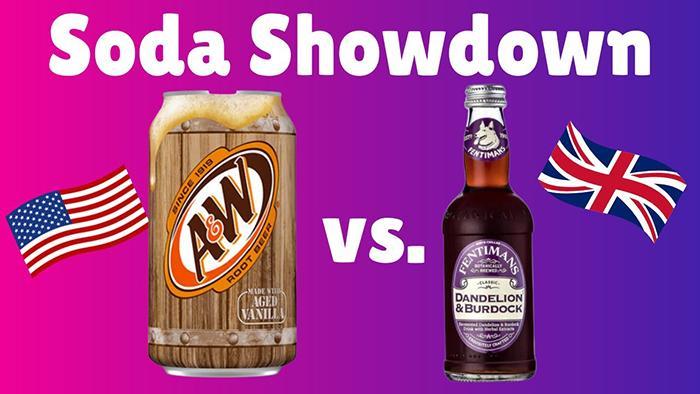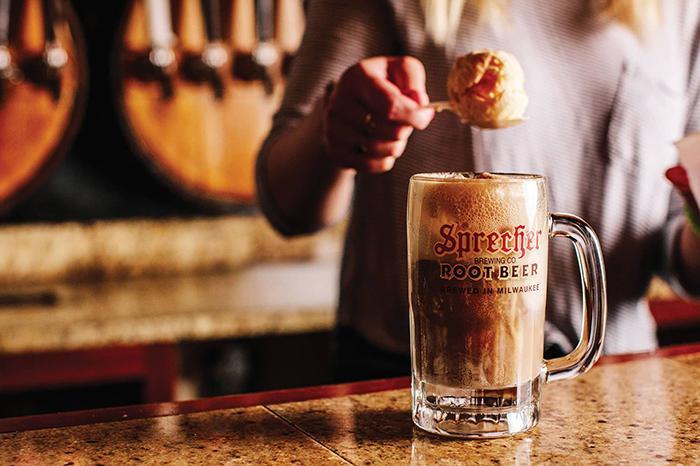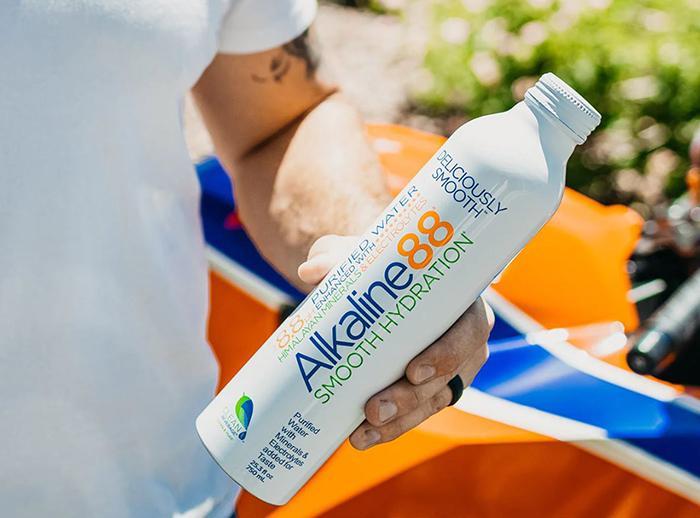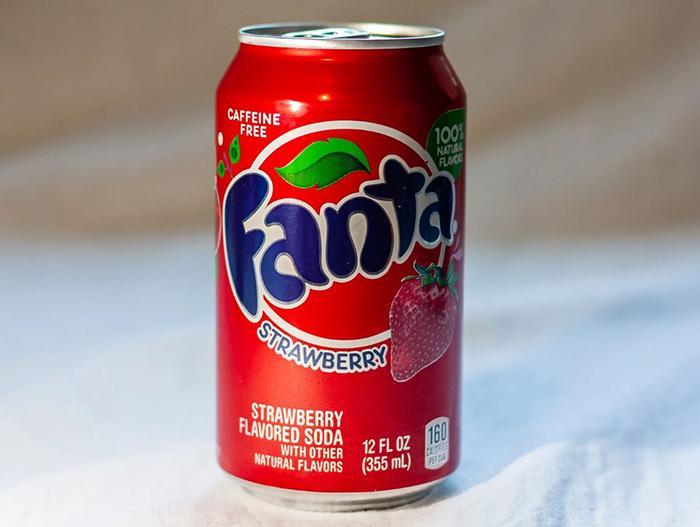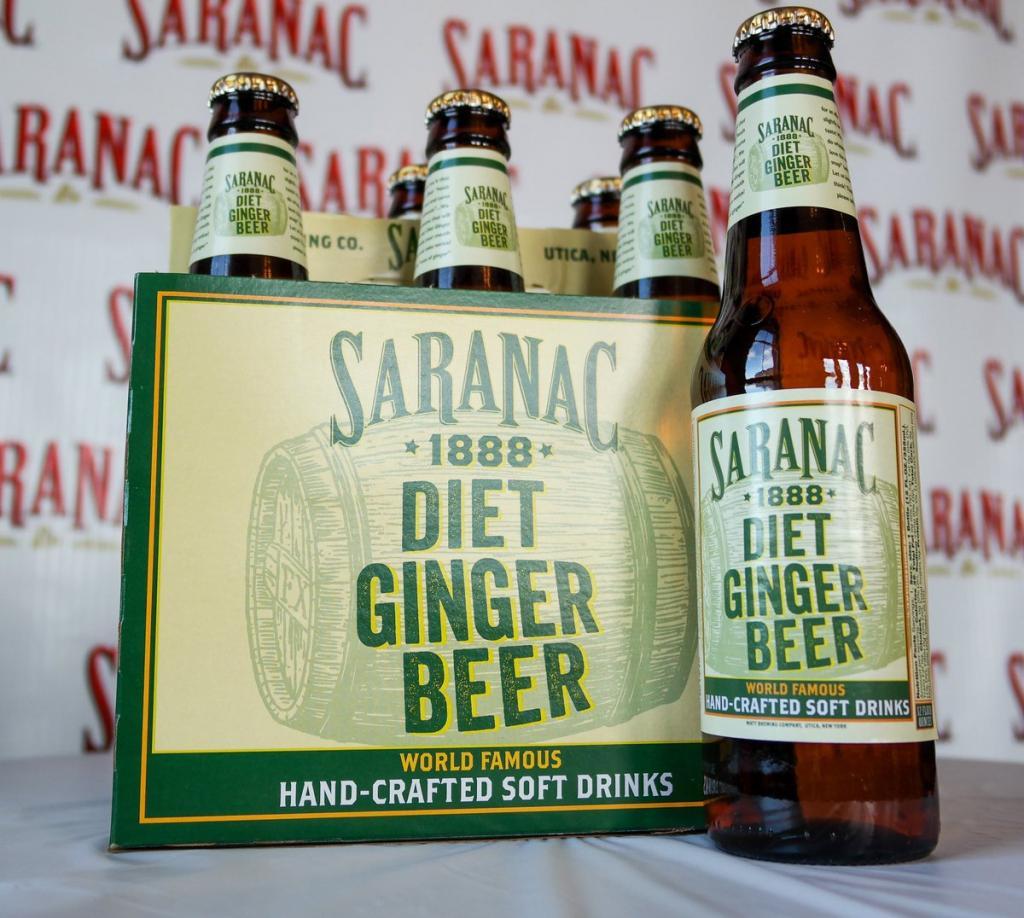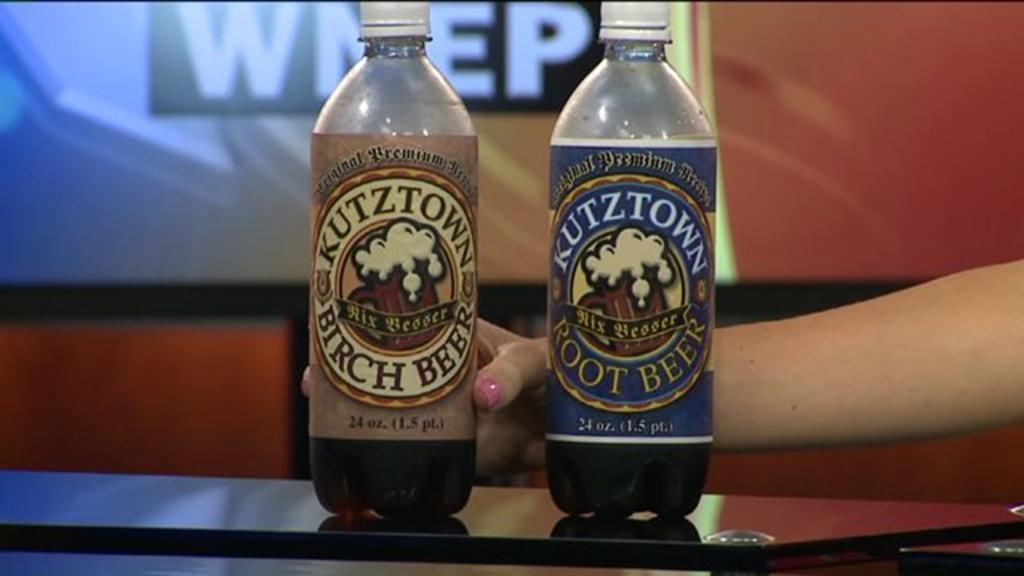Ever wondered if it’s true that Germans prefer warm beer?
Surprisingly, this is a common misconception. In our detailed exploration of German drinking culture and habits, we’re here to set the record straight.
You Are Watching: Do Germans Drink Warm Beer Updated 07/2025
Get ready for an intriguing dive into the frothy world of German beers!
Debunking the Myth: Germans and Warm Beer
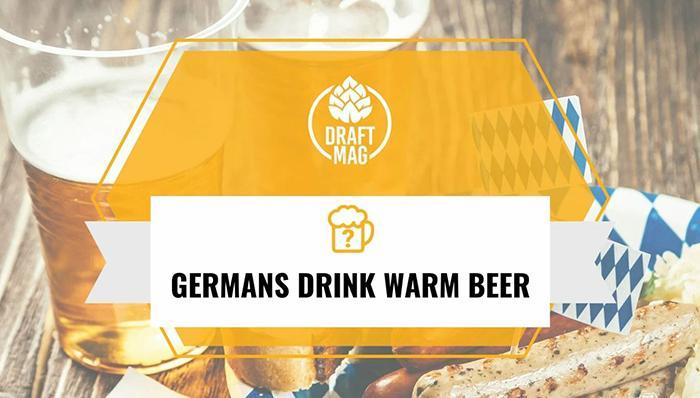
Contrary to popular belief, Germans do not actually drink warm beer all year round.
History of Warm Beer in Germany
It’s essential to delve into the annals of German beer history to understand where the notion of warm beer came from. The idea gained traction due to past brewing and storage techniques that existed long before refrigeration technology became commonplace in Germany.
During these times, beer was brewed at ambient temperatures and often stored in cool cellars or caves – this resulted in it being served warmer than what we’re accustomed to today.
However, it’s worth noting that even back then, “warm” wasn’t equivalent to our modern understanding of the term. It indicated a temperature around 46-54 degrees Fahrenheit; termed as ‘cellar temperature‘ which is far from being room temperature or genuinely warm by any standards.
This cellar temperature was favored because it helps bring out nuanced flavors in traditional German beers – something ice-cold temperatures can dull down significantly!
Misconceptions about Germans Drinking Warm Beer
Contrary to popular belief, Germans do not drink warm beer all year round. It is a common misconception that Germans enjoy their beer at room temperature or even warmed up.
In reality, most Germans prefer their beer to be slightly below the ice-cold temperature of American beers.
Read More : Can Beer Give You A Yeast Infection Updated 07/2025
The concept of serving beer at cellar temperature is deeply ingrained in German drinking culture, which means that it should be served slightly colder than room temperature but not warm. While there may be some individuals who enjoy a warmer brew, it is certainly not the norm in Germany’s vibrant and diverse beer scene.
Moreover, Europeans, including Germans, have specific preferences when it comes to serving temperatures for their beloved beers.
Unlike Americans who generally serve their beverages as cold as possible, Europeans opt for a more moderate approach.
Cellar temperature is the preferred range for many European countries, including Germany. This means that German beers are typically served slightly warmer than what we might consider “ice-cold” in the United States.
The Truth about German Beer Preferences
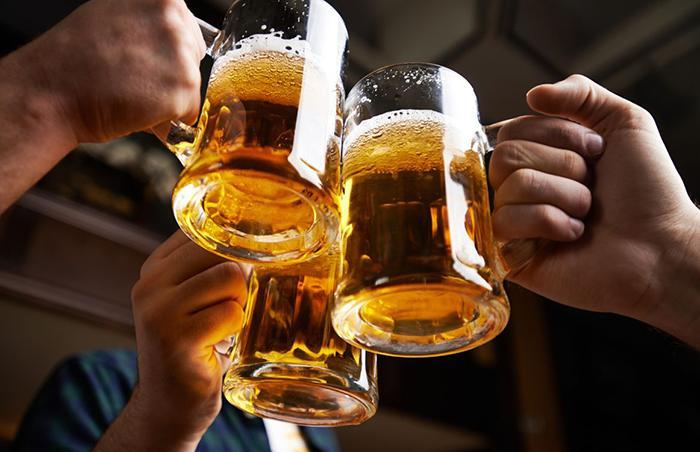
Germans prefer their beer slightly below ice-cold, with a concept of cellar temperature that is slightly colder than room temperature.
Germans prefer their beer slightly below ice-cold
Germans have a unique preference when it comes to beer temperature. Contrary to popular belief, they do not drink warm beer but prefer it slightly below ice-cold. While Americans tend to enjoy beers that are almost freezing, Germans appreciate their brews at a temperature that allows the flavors and aromas to fully develop.
This concept is known as cellar temperature, which is slightly colder than room temperature. It’s important to note that this doesn’t mean Germans drink warm beer – instead, they savor their beverages at just the right coolness to enhance the drinking experience.
So next time you’re in Germany, don’t be surprised if your beer arrives slightly less chilly than expected; it’s all part of their rich beer culture and tradition.
The concept of cellar temperature
Germans have a specific preference when it comes to the temperature of their beer, and it’s not warm. Contrary to popular belief, they don’t enjoy sipping on lukewarm brews all year round.
Instead, Germans prefer their beer slightly below the ice-cold temperatures that are common with American beers.
Read More : Does Beer Go Bad In Heat Updated 07/2025
However, what sets them apart is their concept of cellar temperature. This refers to serving beer slightly colder than room temperature but not freezing cold like in some countries.
At this specific temperature, the flavors of German beers can truly shine through, allowing for a more enjoyable drinking experience that showcases the craftsmanship and complexity of these traditional brews.
Glühbier: Germany’s Warm Winter Beer
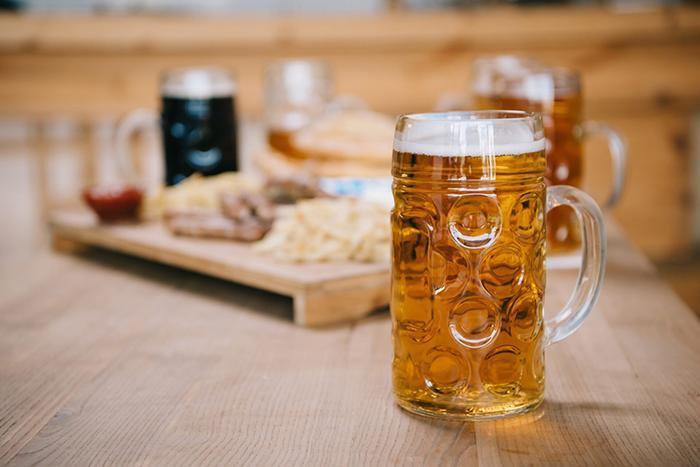
Glühbier as a specialty winter beverage
During the winter season in Germany, a unique specialty beer called Glühbier takes center stage. Unlike the typical preference for cold beer, Glühbier is traditionally consumed warm instead of chilled.
This warming beverage is crafted by adding spices and mulling them with the beer, creating a festive blend of flavors perfect for colder temperatures. Popular ingredients used in Glühbier include cinnamon, cloves, nutmeg, and orange peel.
This specialty winter beer offers a comforting alternative to the usual crispness of cold brews and adds an extra layer of warmth to winter festivities in Germany.
Traditional recipes and flavors
German beer is renowned for its rich and diverse flavors, and traditional recipes play a crucial role in creating these exceptional brews.
From light and crisp Pilsners to malty Oktoberfest beers, German breweries take pride in their centuries-old brewing techniques.
The Reinheitsgebot, or the German Beer Purity Law, has been shaping the country’s beer traditions since 1516. This law restricts the ingredients used in brewing to water, malted barley, hops, and yeast.
As a result, German beers have distinct flavors that are free from additives or artificial ingredients. Each region of Germany also has its own specialty beers with unique flavor profiles that reflect the local brewing traditions.
Conclusion
In conclusion, the myth that Germans drink warm beer is just that – a myth. While there may be some exceptions, the majority of Germans actually prefer their beer to be slightly below ice-cold.
The concept of cellar temperature plays a significant role in German beer culture, and during the winter season, they enjoy Gluhbier as a specialty warm beverage. So next time you hear someone talk about Germans drinking warm beer, know that it’s not the norm but rather a misconception.
Sources: https://chesbrewco.com
Category: Beer


